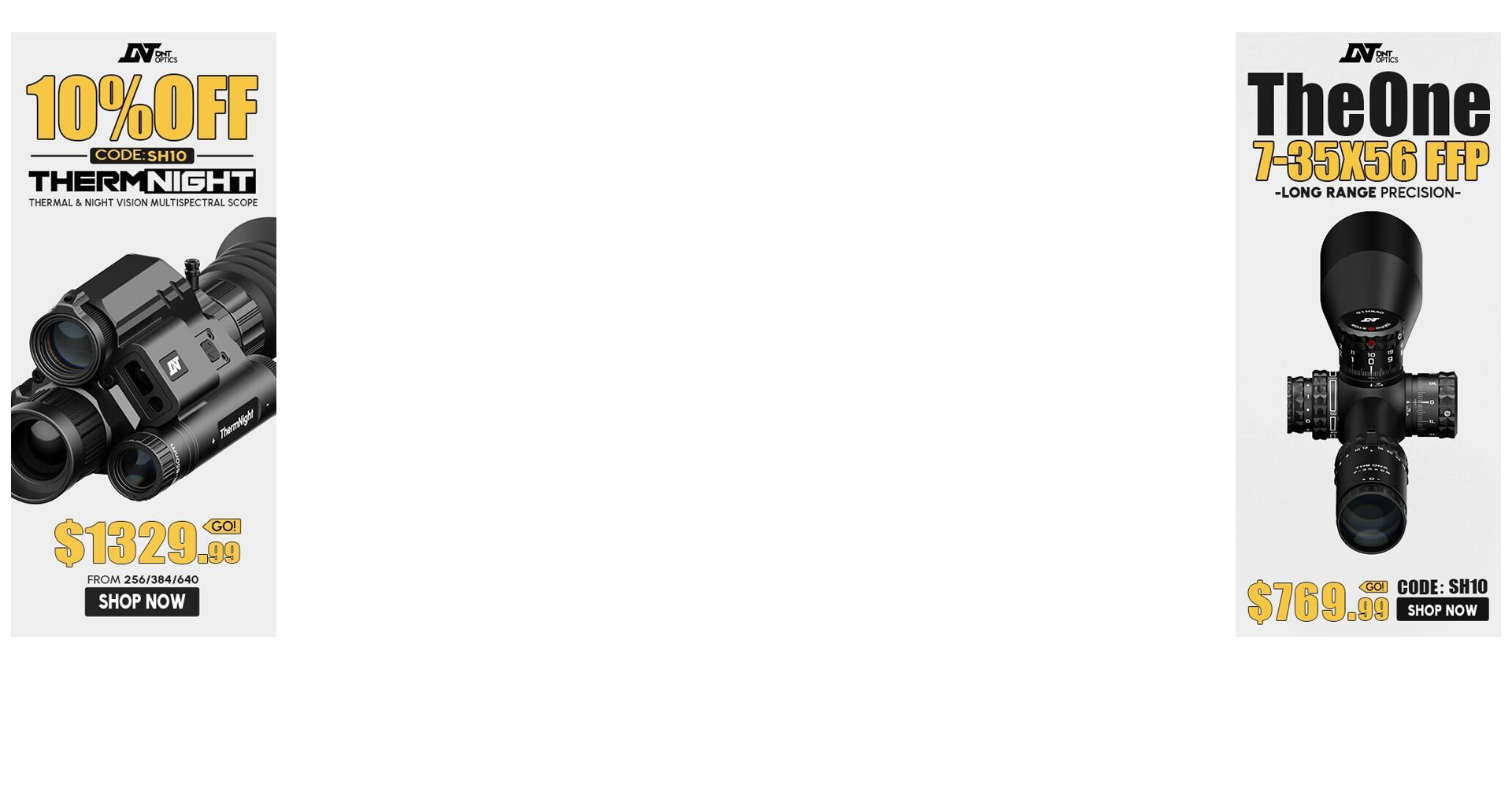I have a new PVS-14 and would like to hunt at night. I haven't been out yet in the desert (still snow on the ground) and am wondering whether a one-eye monocular is the best way to walk around with lots of bushes to trip over while I'm hunting.
Other choices include the PVS-7, which is still a monocular but is viewed by both eyes, and the ANVIS-9 binoculars (pretty pricey).
For those of you with experience, what would I gain with the PVS-7 or ANVIS-9 NODs for walking around and shooting (with IR aiming laser) compared to a helmet mounted PVS-14?
Other choices include the PVS-7, which is still a monocular but is viewed by both eyes, and the ANVIS-9 binoculars (pretty pricey).
For those of you with experience, what would I gain with the PVS-7 or ANVIS-9 NODs for walking around and shooting (with IR aiming laser) compared to a helmet mounted PVS-14?


